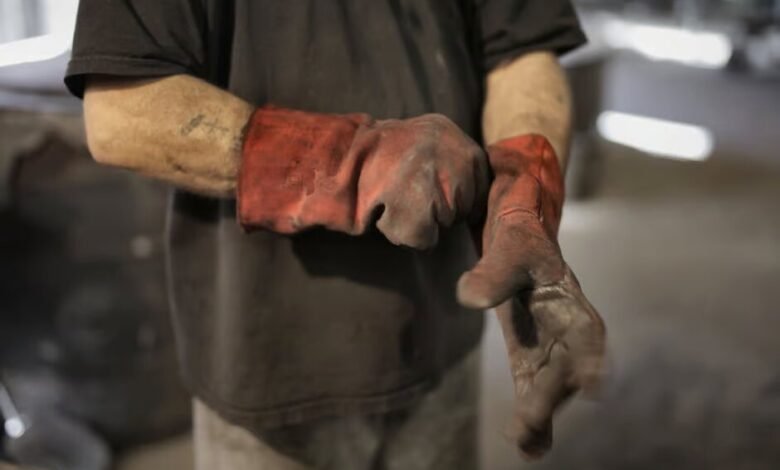How To Create An Effective Construction Waste Management Plan

Construction workers can produce a lot of waste, especially working in commercial construction.
Construction waste comes in a lot of different forms. You may have lots of old drywall, unused paint, and excess concrete. You may have boards, pipes, and other metals.
If you end up with more waste than you know what to do with, having a construction waste management plan will help you keep your site clean and safe. Read on to learn some useful tips for creating that plan early on.
Set a Goal and Objective
When creating an effective construction waste management plan, setting a goal and objective is an integral step in the process. Your goal should be to minimize construction waste and find avenues to reuse, recycle, or donate items. This will not only promote sustainability but will also reduce costs for the project.
Your objective should be to collect data on the amount of waste generated, the type and nature of the waste, and the organizations that deal with the disposal of the waste. Once you have a better understanding of these three areas, you can identify techniques and strategies to meet your goal.
Use Best Waste Removal Practices
Creating an effective waste management plan is essential for any project. To do this, it is important to use the best waste removal practices. First, it is important to monitor all waste generated during construction.
This will help inform the project waste management plan. Next, plan to ensure that there will be the right resources available to enable the most efficient waste removal processes. This can include researching and selecting waste removal companies, recycling sites, and suitable transport for the waste to be transported.
Invest in Tools and Equipment
Investing in proper tools and equipment is one of the most important waste management tips. The right tools and equipment will ensure that construction waste is properly collected and disposed of. Which minimizes the amount of environmental pollution.
Tools like an excavator, skip loader, and waste compactor can be useful in collecting, transferring, and compacting construction waste. This is while a bin truck will allow for the easy transport and disposal of the compacted waste.
Investing in high-quality containers, pallets, and barrels for the storage of hazardous waste can help to keep the job site free from contamination. To know more about the equipment that helps manage construction junk, 30 yard dumpsters found here,
Consult an Expert
Consulting an expert is essential in keeping a construction project clean. An expert will know the necessary to properly analyze the extent of the waste and identify the sources. They can also recommend best practices for managing waste in a cost-effective and ecologically friendly manner.
They can also assist in formulating a plan for the proper disposal and management of waste materials. An expert can help inform the builder on the most efficient and cost-effective construction techniques available for the job. This is to minimize construction junk and waste.
Create a Construction Waste Management Plan Today
The most effective construction waste management plans come from a double-pronged approach to research and planning. Research your local regulations and established best practices ahead of time. Then, establish a realistic plan that ‘meets in the middle’ when it comes to disposal costs and environmental impact.
Taking time to do your research and set up a plan can save costs, time, and the environment. Start creating your construction waste management plan today.
If you want to read more articles, visit our blog.
